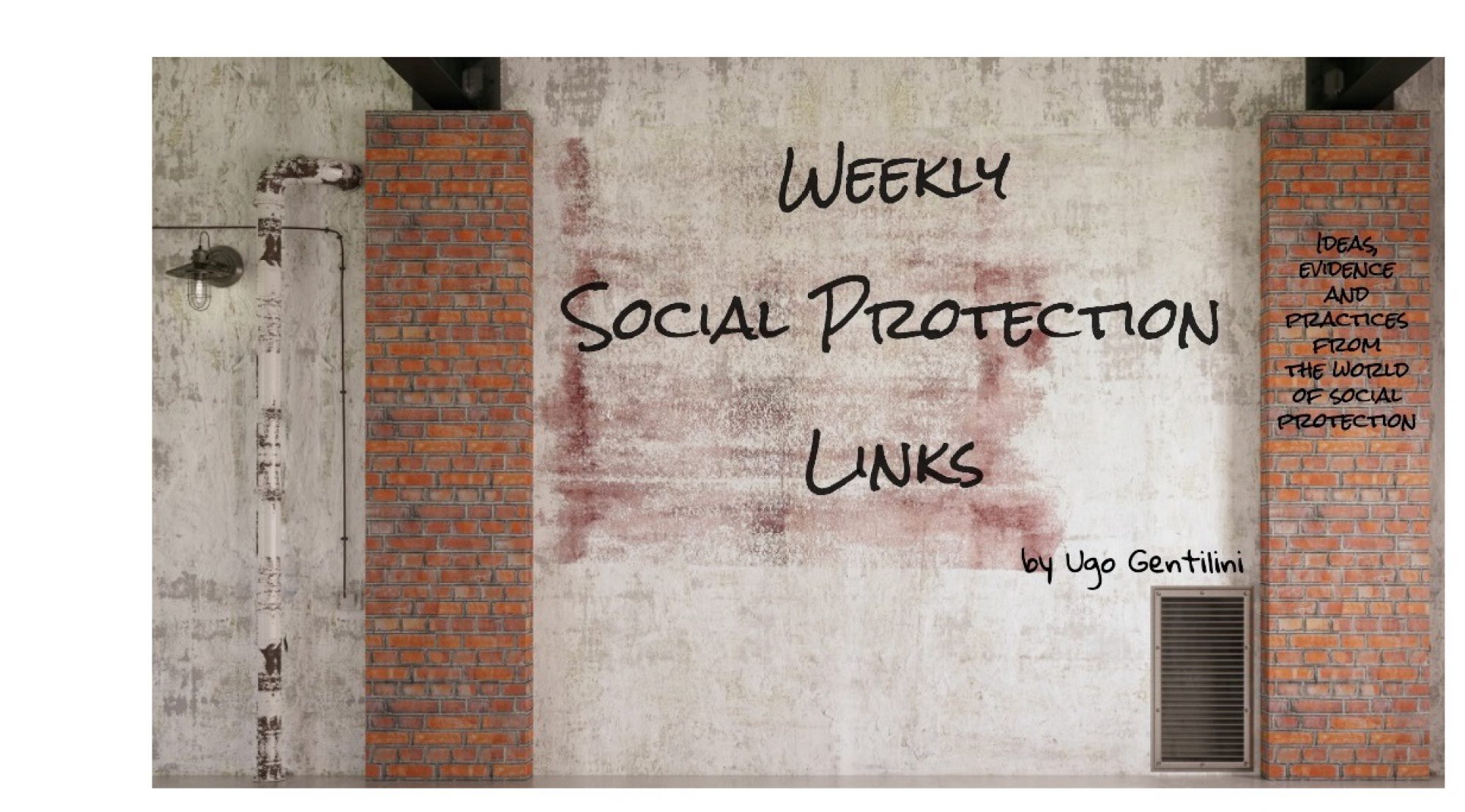
Here are the highlights of the updated “living” paper, Social protection responses to COVID19_March27!
As you read this special links edition, a total of 84 countries have introduced or adapted social protection and jobs programs in response to COVID-19. This is an 87% increase since last week (when countries were just 45), with a total of 283 programs currently in place – a fitting testament to the dynamism of pandemic-related responses in the sector!
Among classes of interventions, social assistance (non-contributory transfers) is the most widely used (including a total of 150 programs), followed by actions in social insurance (91) and supply-side labor market interventions (42). Within social assistance, cash transfer programs are clearly the most widely used intervention by governments (over one-third of total programs, and 65% of social assistance schemes). A total of 58 countries have those programs in place, with 35 of them representing new initiatives introduced specifically as COVID-19 response.
Countries tend to leverage not only flagship programs, but multiple schemes simultaneously. Overall, we record 97 targeted cash transfer schemes worldwide, as well as 2 universal schemes (one-off UBI programs in Hong-Kong and Singapore). Out of these 99 measures, 50 new cash initiatives were introduced specifically as COVID-19 responses (e.g., Ecuador, Peru, Iran, Jordan and Italy). The Philippines, for example, introduced 5 new cash programs alongside its national Pantawid program. An expanded definition of cash transfer schemes (i.e., also including public works, social pensions and cash-based childcare support) would increase the global count to 110 programs. Income support in the form of childcare vouchers or allowances are provided in Italy, Poland and South Korea. Other social assistance programs include support for homeless populations as planned in Spain; utility subsidies waiving fees for basic services are present in El Salvador; wavers for loans and other financial obligations (e.g., Bolivia); and COVID-sensitive public works are being tested in the Philippines.
In countries that haven’t introduced new programs, but instead modified preexisting interventions, such modifications are pursued via six basic strategies, namely (i) increased coverage (e.g., Brazil), (ii) higher benefit levels (e.g., China), (iii) advance payments (e.g., Indonesia), (iv) simplifying administrative requirements (e.g., UK, Romania), (v) plugging COVID-response schemes into existing delivery platforms (e.g., Pakistan, Jordan), and (vi) providing innovative design solutions, such as school feeding programs delivering food directly to children’s homes or nearby distribution points (e.g., Jamaica and India’s Kerala state).
Social protection and jobs responses are now present in all regions, including Sub-Saharan Africa (where last week no action was detected). However, no low-income country appears to have put any COVID-related programs in place. About one-third of social assistance programs (34%) are from high-income countries, while a somewhat surprising 66% are present in middle-income settings. Instead, between 50-60% of social insurance and labor market programs are from high-income countries.
Among social insurance interventions, paid sick leave and unemployment benefits are the most frequently adopted, followed by waived, subsidized or deferred social security contributions (e.g., Morocco, Montenegro and Vietnam). Finally, in terms of labor market programs, wage subsidies play a premier role, such as in Austria, Bulgaria, Jamaica, Poland, and Portugal. Activation measures are also present, with governments investing in such schemes within the COVID context in Estonia, Malaysia and Saudi Arabia. Labor regulations are being adjusted in Hungary, Panama and Slovenia, while countries such as Germany and Netherlands are implementing reduced-workhours programs (with governments covering part of the costs).
Stay safe!
